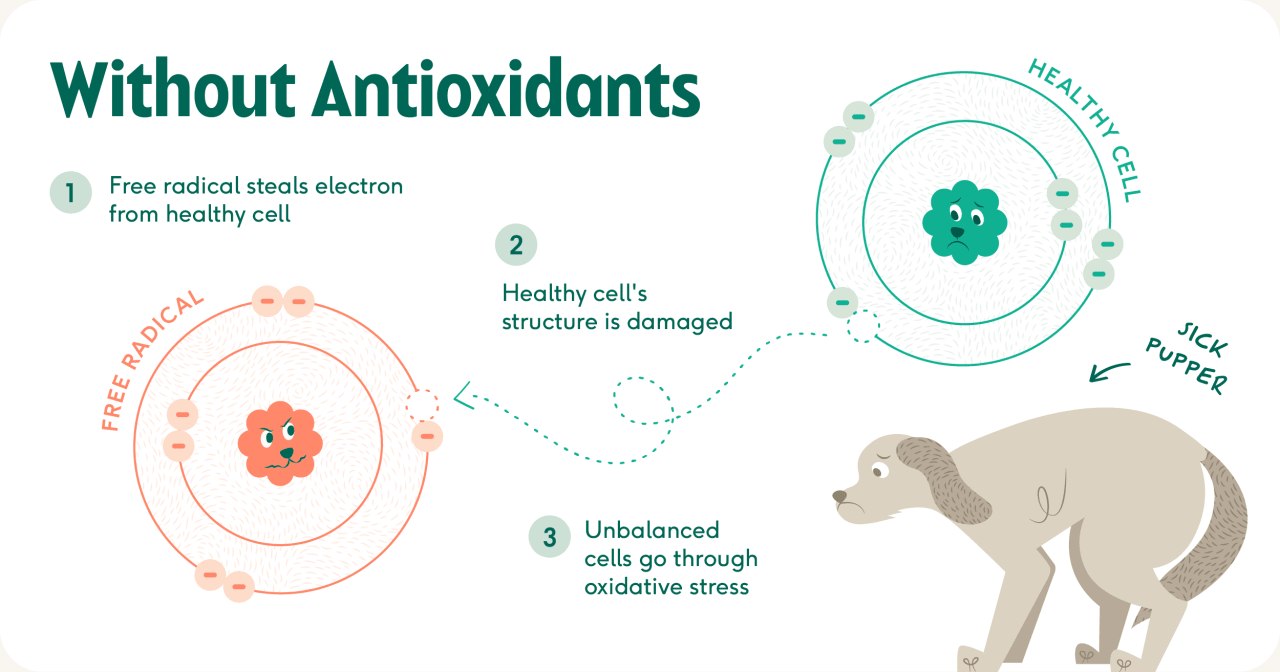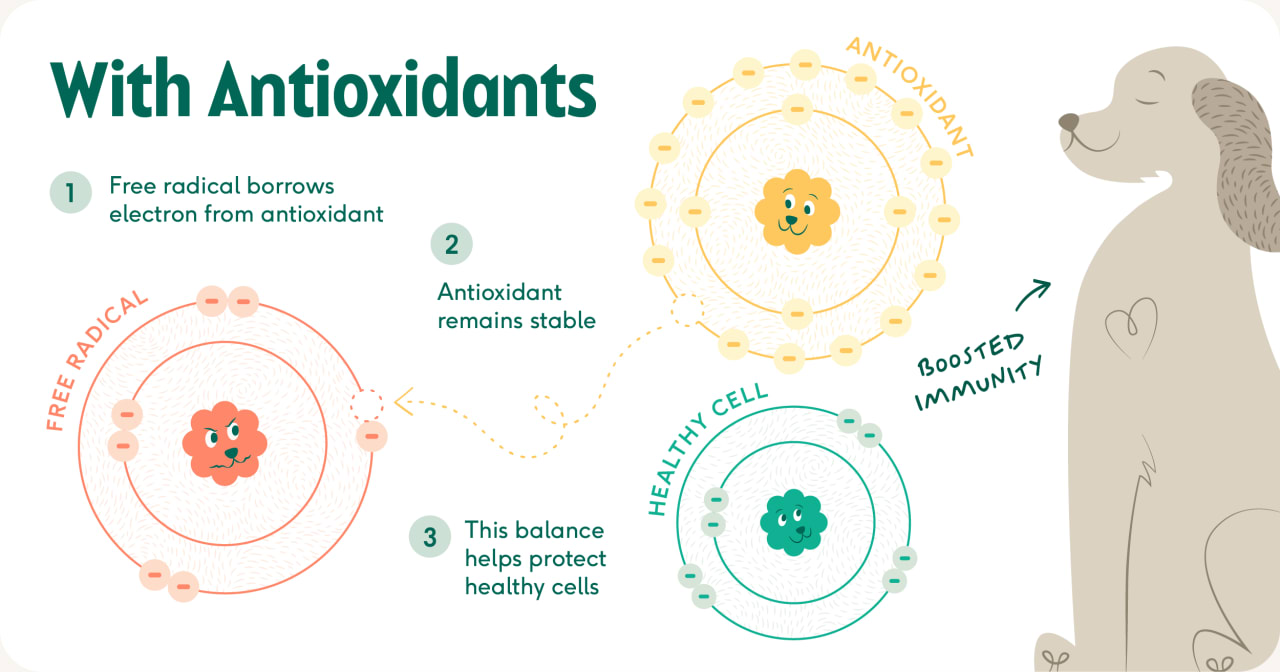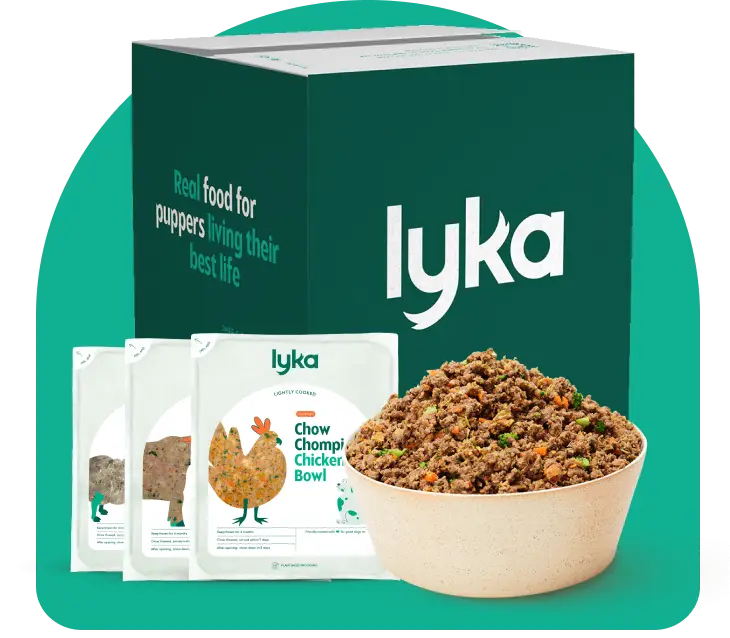Easing dog mobility issues: holistic tips and tricks

By Olivia Blazevic

Dogs of all ages can experience mobility problems as a result of injury, disease or genetics — it’s not just limited to senior dogs with arthritis.
If your dog has a mobility issue, a holistic approach to their care can help them live a long, comfortable and happy life. Simple adjustments to their environment, healthcare, exercise routine, diet and nutrition can all make a huge difference to your pup’s quality of life.
Puppies can also develop mobility issues like hip dysplasia and patellar luxation, and certain breeds are more prone to these problems than others. Ensuring a quality diet during the early years is essential for the growth of strong bones and cartilage.
We’ve taken a holistic angle to provide you with practical advice on how you can best help your dog with arthritis or other mobility issues.
Environment
Swollen and stiff joints can make even the simplest things tricky for your dog, but there are plenty of practical ways to create a comfortable and accessible home environment for them.
Ramps: Climbing up and down stairs, or jumping into the car can put a lot of strain on your pup’s joints. Try using ramps that offer a gradual incline instead.
Non-slip floors: Does your house have tiles, floorboards or polished concrete floors? These smooth surfaces might be easy to clean, but they can be slippery for your dog. A rug or a non-slip surface can prevent their paws from sliding, which can cause pain to swollen joints.
Bedding: Always position your pup’s bed in a warm location away from cold draughts. Orthopaedic dog beds are specifically designed to alleviate the pressure on limbs, joints and pressure points to make their rest and sleep more comfortable.
Food and water bowls: Try raising these off the ground so they don’t have to bend over to reach their food and drink.
Family: It can be hard to watch your pup struggle with mobility issues. Young children may want to play with their dog as normal, but your dog may need more downtime and space to rest. Teach your young kids how to be gentle with their interactions and to understand their dog’s limitations when it comes to play.
Mobility
Keeping your dog mobile is crucial for maintaining their physical and mental wellbeing.
Exercise
Tailor their exercise routine to their specific needs by engaging in low-impact activities.
Swimming or hydrotherapy is gentle on their joints while promoting muscle strength and flexibility — a great option for older dogs that need to strengthen their hind legs.
Shorter, low-impact walks that allow them to explore their surroundings at their own pace are also great for keeping their mind alert.
A dog sling, carrier or harness with handles for easy lifting are great ways to support them on walks. By using the specifically designed handles you can lift them into the car, or navigate obstacles without putting additional pressure on their sore joints.
Complementary therapies
Like humans, complementary therapies like physiotherapy and acupuncture can be beneficial to dogs with joint issues.
Veterinary acupuncture is mostly used for musculoskeletal problems including swollen and stiff joints caused by arthritis. A very small needle is inserted into specific areas, stimulating blood circulation which reduces the inflammation.
Physical rehabilitation like physiotherapy often involves stretching, manipulation and massage to promote supple joints and alleviate pain.
Mental Stimulation
Keeping your dog’s mind sharp is vital, regardless of age or mobility. Mental stimulation is particularly important as they enter their golden years and if they aren’t as active as they used to be.
Try combining regular, low-impact exercise with engaging enrichment activities like brain teasers and interactive feeding puzzles to stimulate their problem-solving skills and reduce cognitive decline.
Health
Routine vet checks every six months are a good way to stay on top of your dog’s general health, especially for senior dogs.
In addition to checking their oral health, joints, lumps and bumps, and blood tests, your vet is in the perfect position to notice any gradual changes to your pup’s mobility since their last visit.
Diet and nutrition
Central to your dog’s health and wellbeing is a complete and balanced diet that nourishes their whole body with targeted ingredients that support bone and cartilage health. Choose one that’s also rich in anti-inflammatory agents, antioxidants and omega-3 fatty acids, to target the problem of painful inflammation and treat your dog’s arthritis or joint issues naturally.
Anti-inflammatories
Anti-inflammatories can help treat sore and swollen joints by preventing agents and enzymes that cause inflammation from being released into the body. They can encourage tissue repair too.
When it comes to holistic care, many wholefood ingredients contain anti-inflammatory properties, so you can nourish your dog with joint-loving ingredients.
Look for these ingredients:
Broccoli: A vitamin-packed cruciferous veg that contains sulforaphane — a powerful chemical component that can help to reduce chronic inflammation.
Turmeric: Contains the active ingredient curcumin, which is a strong anti-inflammatory agent.
Ginger: A well-known spice that’s been used for its medicinal, anti-inflammatory properties for millennia.
Antioxidants
Free radicals are often mentioned when addressing mobility and joint concerns, but how they’re related isn’t always clear.
Free radicals are unstable molecules created from normal metabolic processes. They don’t have a full set of electrons, so they take them from other molecules, affecting their structure and function. They support the immune response as they help to destroy pathogens and damaged cells.
However, when there are too many free radicals they can cause damage to cells, which is called oxidative stress.
Antioxidants can donate electrons to free radicals to make them stable molecules. This is why phytonutrients rich in antioxidants can help to rebalance the number of free radicals and minimise the damage caused by oxidative stress — a key factor when dealing with a degenerative disease like osteoarthritis.


Look for these ingredients:
Fennel Seeds: A little seed with big antioxidant and anti-inflammatory properties.
Spirulina: Blue-green algae with immune-boosting antioxidants.
Quinoa: Rich in antioxidants and manganese for healthy bone and cartilage development.
Omega-3 essential fatty acids
When it comes to joint health, the anti-inflammatory properties of omega-3 essential fatty acids (EFAs) help to reduce painful swelling, relieve stiff joints and improve mobility.
EFAs cannot be generated by your pup’s body, so must be consumed by eating oily fish and plant-based sources.
Look for these ingredients:
Sardines: Full of omega-3 fatty acids, calcium and protein — vital components for strong and healthy bones and cartilage.
Chicken: Contains protein and omega-3. Choose free-range chicken which has been proven to maintain the freshness of EFAs for longer and hasn’t been fed on pro-inflammatory grains.
Flaxseed: Both flaxseeds and flaxseed oil contain powerful omega-3 anti-inflammatory agents.
7 dietary supplements for supple joints
Dietary supplements are another great way to boost your dog’s nutrition and optimal health. Try combining supplements with a complete and balanced diet for specially targeted health benefits.
Glucosamine and Chondroitin: These supplements are commonly used to support joint health and reduce inflammation. They can help alleviate discomfort and improve mobility.
Omega-3 Fatty Acids: Found in fish oil or algae-based supplements, omega-3 fatty acids have anti-inflammatory properties to reduce joint inflammation and may reduce the progression of joint health, including osteoarthritis.
Coenzyme Q10 (CoQ10): CoQ10 is an antioxidant that can protect against oxidative stress. It has also been shown to slow the progression of osteoarthritis.
Milk Thistle: Some senior dogs require more medication to counteract the effects of illness, ageing, and degenerative diseases, like arthritis. Milk thistle is particularly useful for ting the liver health of dogs on long-term medication.
Probiotics: Probiotics promote overall health by supporting the growth of beneficial bacteria in the gut microbiome and strengthening the immune system against toxins and harmful bacteria that can trigger inflammation.
Green-lipped Mussel: Green-lipped mussel supplements are a good source of omega-3 fatty acids and glucosamine. They can help reduce joint inflammation and support overall joint health.
Ginseng: Ginseng is an adaptogenic herb that can help boost energy levels, improve cognitive function, and support the immune system. It may be beneficial for senior dogs experiencing age-related fatigue or cognitive decline.
Lyka’s Joint Pupper Supp is a dietary supplement that specifically targets joint health. Each daily dose contains concentrated collagen, glucosamine and calcium for strong bones and cartilage as well as potent antioxidants and anti-inflammatory agents.
Try Joint Supps
Weight management
Any excess weight can put additional strain on their joints and slow their metabolism for pups suffering from mobility problems.
Each dog has an ideal weight range based on their breed, age and health conditions. Your vet can confirm what your dog should weigh, but you can also use our weight guide to make a quick visual check of their body condition.
Canine obesity is on the rise in Australia and can trigger other health concerns. It’s often caused by too many calories and not enough exercise, but it’s not always as simple as that. If you’re worried about how your dog’s weight might be affecting their mobility, your vet can advise you on the best course of action for your pup.
Lyka: natural nutrition for improved mobility
Our vet-formulated meals contain bioactive ingredients to target your pup’s bone and joint health. They’re complete and balanced for optimal health and personalised to suit your dog’s individual needs.
Each recipe is rich in wholefood antioxidants, anti-inflammatory agents and omega essential fatty acids — ideal for puppers with stiff and creaky joints.
This article was reviewed by Lyka’s animal care experts.
Reviewed by:
Louise Hawkins, Qualified Veterinary Nurse and Research and Development Associate





